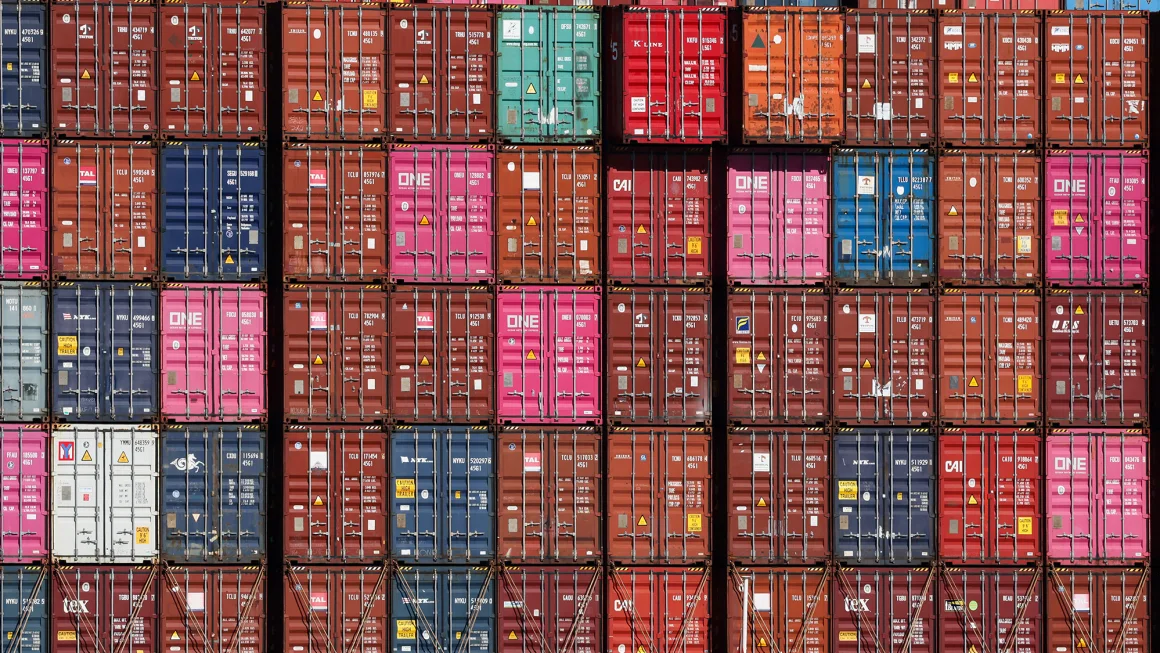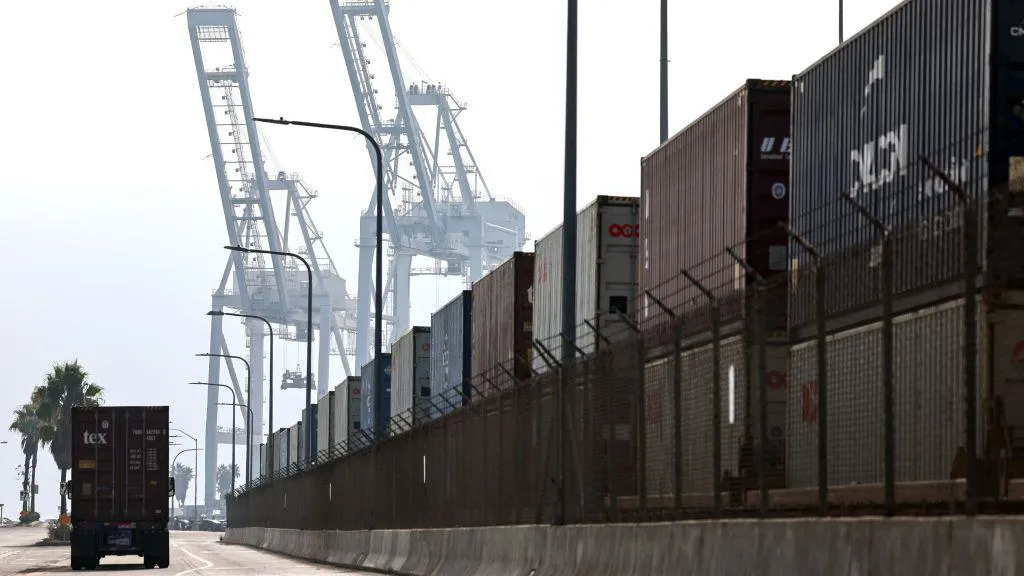Inside Iceland’s Futuristic Algae Farm: A Step Toward Sustainable Food Production
Iceland’s Vaxa Technologies has created a groundbreaking algae farm near the nation’s largest geothermal power station. This high-tech facility cultivates microalgae, a tiny organism rich in nutrients like protein, omega-3s, and vitamin B12, which could address global food security challenges.
Integrated with Geothermal Power
The Vaxa facility is uniquely integrated with geothermal energy, utilizing clean electricity, hot and cold water, and even carbon dioxide emissions from the power plant. This results in a slightly negative carbon footprint. According to food technology consultant Asger Munch Smidt-Jensen, this innovative setup also has low land and water use, making it environmentally friendly.
Efficient and Controlled Growth
Microalgae are grown in photo-bioreactors under specific wavelengths of red and blue light, which are optimal for photosynthesis. Machine learning helps optimize the process, enabling daily harvesting of up to 7% of the crop, with rapid replenishment. Vaxa currently produces up to 150 metric tonnes of algae annually and plans further expansion.
Applications and Future Potential
Microalgae are already being used in foods like bread, smoothies, and dietary supplements. Scientists and entrepreneurs are exploring its potential as a sustainable alternative for cosmetics, biofuel, and even space missions. However, challenges remain, including improving taste, texture, and societal acceptance of algae-based foods.
Global Impact
Microalgae have a higher protein yield compared to traditional crops like soy, making them a promising solution for feeding the growing global population. With the market for algae products projected to reach $25.4 billion by 2033, Iceland’s innovative approach could set a model for sustainable food production worldwide.














